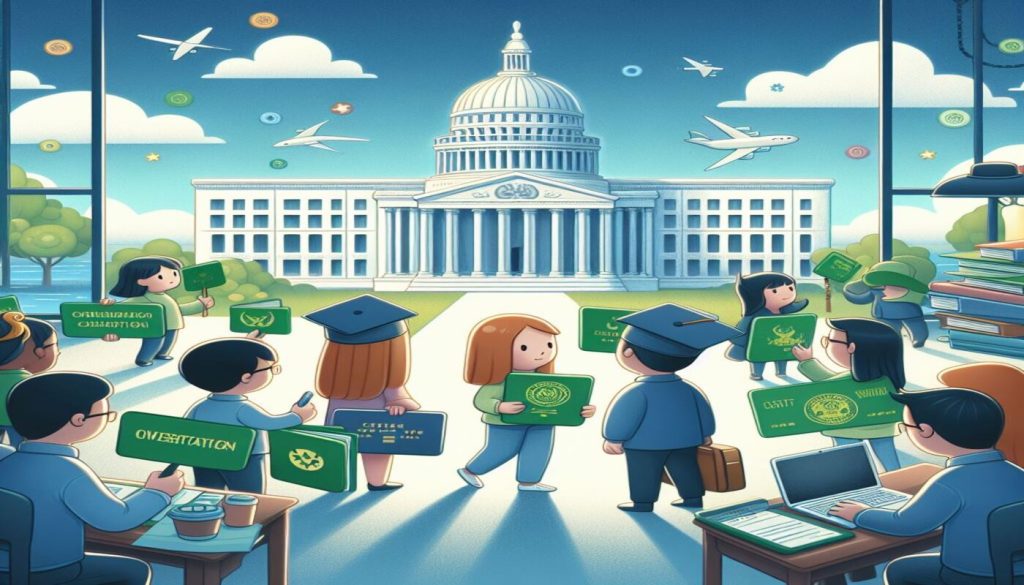The U.S. Citizenship and Immigration Services (USCIS) has released comprehensive policy guidance concerning the F and M student nonimmigrant classifications, impacting foreign students aspiring to study in the United States. This guidance, effective immediately and applicable to applications submitted from December 20, 2021, onward, aims to bring clarity to international students and U.S. educational institutions on various aspects, including eligibility criteria, school transfers, practical training, and both on- and off-campus employment.
While the U.S. Immigration and Customs Enforcement typically oversees the nonimmigrant student program, USCIS plays a crucial role in adjudicating applications for employment authorization, status changes, stay extensions, and status reinstatements for F and M students and their dependents within the U.S.
The guidance underscores that F and M students must maintain a foreign residence they do not intend to abandon. However, it clarifies that these students may still be eligible for permanent labor certification applications or immigrant visa petitions and can demonstrate an intention to depart after a temporary stay.
Essentially, foreign students must express an intent to leave the U.S. to retain their visa status, but they also have the option to state a desire to stay and apply for green card status through employment in the U.S., becoming lawful permanent residents.
Moreover, the guidance outlines provisions for F students seeking an extension of optional practical training (OPT) in STEM fields, allowing employment with startup companies. Employers must adhere to training plan requirements, maintain good standing with E-Verify, and offer compensation commensurate with that of similarly situated U.S. workers.
The F-1 classification permits noncitizens to enter the U.S. as full-time students at various educational institutions, while the M-1 classification applies to vocational students. F-1 students, during their first academic year, cannot work off-campus but can accept on-campus positions with restrictions. After the initial year, they become eligible for off-campus work in different capacities. Additionally, certain F-1 students with STEM degrees may qualify for a 24-month extension of post-completion OPT.
Earlier in February 2023, USCIS clarified the validity period of employment authorization for F-1 students facing severe economic hardship due to emergent circumstances, also known as special student relief (SSR).
Source: MSN
















